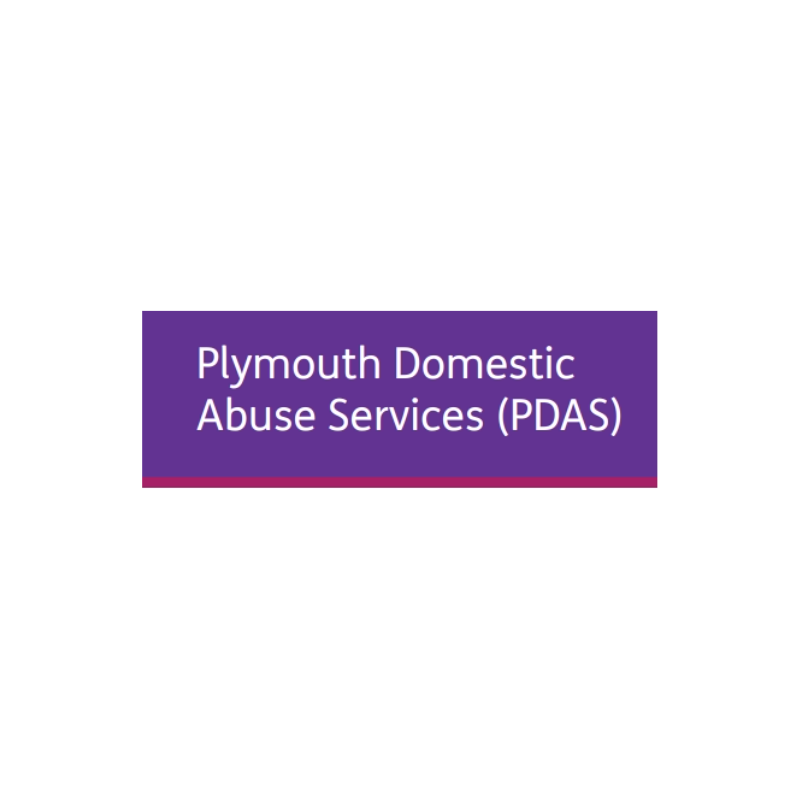
Healthy Relationships

All relationships will have their ups and downs and this can sometimes make it hard to know if you are in an unhealthy relationship.
It is important to be aware of what makes a relationship healthy or unhealthy, how to spot signs of an unhealthy or abusive relationship and where you can get support if you need help.
What does a healthy relationship look like?
In a healthy relationship both you and your partner are:
Respectful - You value each other’s opinions and feelings.
Honest - You can be honest with each other and don’t feel like you have to lie to avoid upsetting your partner.
Consent - You can openly and honestly talk about your sexual choices and you both understand and agree to something without being pressured or feeling scared. You know that you can change your mind at anytime and your partner will respect that.
Trust - You believe what your partner has to say and don’t feel the need to “prove” each other’s trustworthiness. You trust each other without getting jealous, including being able to spend time with other people.
Good Communication - You can talk openly about problems and listen to one another without feeling scared of what might happen, or being judged for what you’ve said.
Equal - You are equal in your relationship - one person shouldn’t have power over the other.
Able to be Yourself - You give each other the freedom to be yourselves and be loved for who you are. You respect each other’s need for time and space apart, alone, or with others. You communicate with each other about what you are and aren’t comfortable with.
What is an unhealthy relationship?
If you are in an unhealthy relationship your partner may:
Be disrespectful - They may call you names, put you down or make you feel bad.
Be dishonest - Your partner may lie, omit, or obscure facts.
Pressure you into sexual activity - Your partner may use pressure, threats, emotional blackmail or bargains to make you do things you don't want to do.
Not trust you - Your partner may refuse to believe you and feel entitled to invade your privacy by checking your phone, monitoring your activity online and on social media.
Be non-communicative - Your partner may give you the silent treatment, refuse to talk to you and ignore you.
Isolate you - Your partner may cut you off from your friends and family by restricting your contact either in person, by phone or online. They may also get angry when you talk to other people and stop you doing things you enjoy.
Be controlling - Your partner may control you by checking up on you all of the time – where you are, where you have been and who you are with. They may not let you make your own decisions such as what to wear or eat. They may also control your finances and stop you from spending money.








